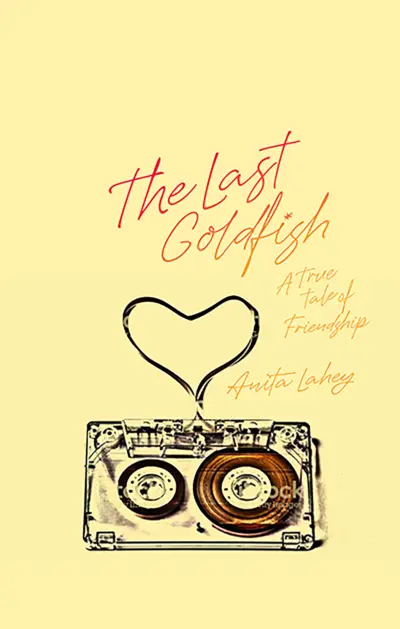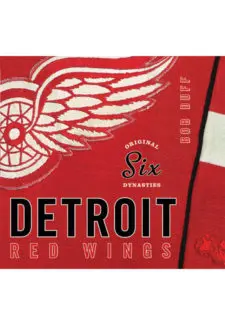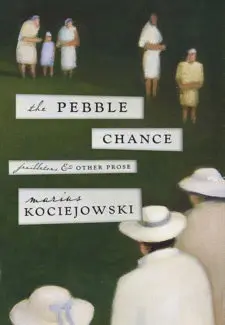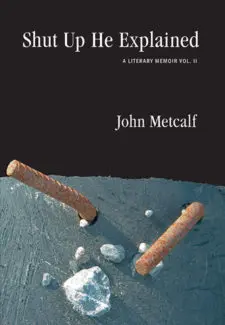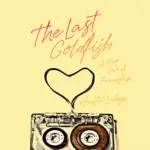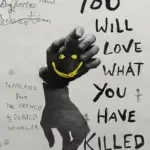Description
Twenty-five years ago and counting, Louisa, my true, essential, always-there-for-everything friend, died. We were 22.
When Anita Lahey opens her binder in grade nine French and gasps over an unsigned form, the girl with the burst of red hair in front of her whispers, Forge it! Thus begins an intense, joyful friendship, one of those powerful bonds forged in youth that shapes a person’s identity and changes the course of a life.
Anita and Louisa navigate the wilds of 1980s suburban adolescence against the backdrop of dramatic world events such as the fall of the Berlin Wall. They make carpe diem their manifesto and hatch ambitious plans. But when Louisa’s life takes a shocking turn, into hospital wards, medical tests, and treatments, a new possibility confronts them, one that alters, with devastating finality, the prospect of the future for them both.
Equal parts humorous and heartbreaking, The Last Goldfish is a poignant memoir of youth, friendship, and the impermanence of life.
Praise for The Last Goldfish
“Anita Lahey writes about friendship and loss with nimbleness and grace. Her memoir brings back to life what illness and death took away.”—Elizabeth Hay, author of All Things Consoled: A Daughter’s Memoir
“For all who secretly understand that friends are family comes Anita Lahey’s heartwrencher, The Last Goldfish . . . Journalist-poet Lahey’s sublimely empathic eye and piquant sense of humour, especially in matters of love and death, make this a gentle, generous, and stunning book. You’ll remember these brave friends.”—Molly Peacock , author of The Paper Garden and The Analyst
“Lahey creates two teenage girls with such novelistic skill that you’re instantly pulled into their lives and back to adolescence itself, the exuberance and intensity . . . This book is true in the way a carpenter uses the word, for an oak plank that is perfectly and exquisitely honed, and will bear the weight.”—Joan Thomas, author of Five Wives
“Lahey is a writer of extraordinary gifts, evoking the world of two raucous schoolgirls growing up in the 1980s in astonishing, at times laugh-out-loud funny, detail . . . Lou couldn’t have asked for a more stalwart, loyal friend than Anita Lahey; we couldn’t ask for a more acutely observant and empathetic writer.”—Moira Farr, author of After Daniel: A Suicide Survivor’s Tale
Praise for Anita Lahey
“Anita Lahey is no slouch. The poems in Out to Dry in Cape Breton quickstep along in snappy, rhythmic lines that display plenty of striking images and a sly sense of humour. In crisp, descriptive phrases, Lahey turns details of ordinary domesticity — ‘Everyday rags and wraps,’ as she puts it — into vivid tableaux. . .Out to Dry in Cape Breton is a real footstomper, finely crafted and full of verve.”—Toronto Star
“Nothing feels extraneous here and Lahey never plays fast and loose with her words. Her precision, instead of constricting, allows verbal quirks to shine without being precious.”—The Dominion
“Anita Lahey’s Out to Dry in Cape Breton is one of the best Canadian poetry debuts I’ve read in a while. Her poems are vividly imagined, technically and formally astute, and stylistically rich. . . Lahey seems to invite our imaginations to be suspended out on the (clothes)lines of her poems. Go willingly.”—PoetryReviews.ca
“Who would have thought that brilliant poetry could use hanging out laundry as a focus? . . . The poems are self-deprecating, often hilariously so . . . a first-rate book. Lahey may not be able to jig mackerel, but she can write a poem with consummate skill.”—Montreal Review of Books
“Lahey—personable, emotive and stylistically witty—makes her home, fearlessly on the line. . . Melancholic yet entertaining, Lahey is a poet who gets her verve and energy from those wind-whipped tangles of feeling. Every time she walked out, willing, onto the line, she led so confidently that I was ready to follow.”—Books in Canada
“The action in the opening sequence. . . is contagious and spreads through the rest of the book. The poet’s playful approach to figuration, as in the personification of ‘Hurricane Bill,’ brings out the humour in her conceptual analogies. Lahey enlivens her economical commentary, at times verging on dramatic monologue and laced with comic irony, by her ability to mimic voices. . .and with high density sound-play.”—University of Toronto Quarterly
“The book of my dreams. . .The Mystery Shopping Cart was a perfect antidote to February, as well as to bookstore closures and general dissatisfaction with the state of the world. Because here is a book that testifies that words, books and ideas matter. Here is a smart and generous voice that takes the reader into its fold. . .This is that kind of book, the kind that takes you places. The kind with essays about poetry that I read anyway, though I am not a poet myself, or a confident reader of them. These are essays about poets I’ve never heard of, poets that I’ve never read, and I read these essays anyway. They presume that I should care about these things, invite me to do so, and I do. I am welcomed into the conversation, rather than alienated from it (by jargon, theory, grudges and biases I’m not privy to).”—Kerry Clare, Pickle Me This
“Lahey’s essay on eulogies is worth the price of admission, and one of best things in the book. . .Lahey packs into thirty-odd pages a book’s-worth of grief and epiphany without the schmaltz of most death-themed nonfiction. It’s a testament to her capability with the personal essay that she can turn writing about the eulogy, a form she confesses is “sappy, incomplete and awkward, dripping love and exaggeration,” into something as deeply felt and engaging as this piece was. Lahey brings to these essays the same honesty, directness and curiosity she brings to her criticism.”—Maisonneuve

